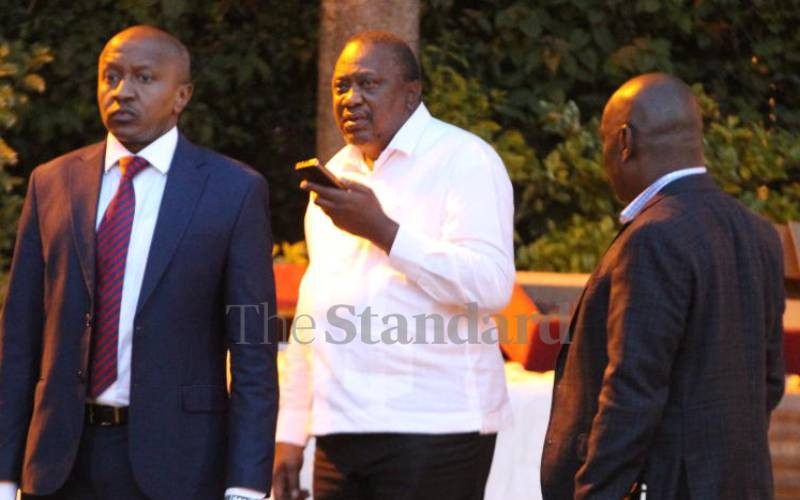×
The Standard e-Paper
Join Thousands Daily

President Uhuru Kenyatta may be the next target in the push by the Kenya Kwanza administration which seeks to ensure that all Kenyans pay taxes
This comes a day after public debate ensued online as to why former Presidents Jomo Kenyatta and Daniel Moi had a law gazetted exempting them from paying estate inheritance tax while all other Kenyans were subject to the law.